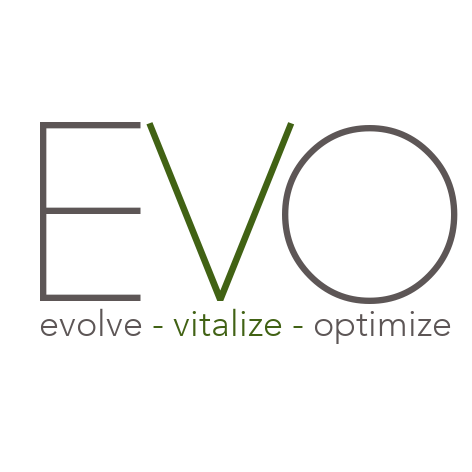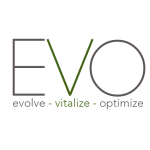
3 Ways Intravenous (IV) Supplements Promote Wellbeing
Supplements, including vitamins (e.g., vitamin C) and minerals (e.g., magnesium), are essential to ensure what is called homeostasis—the natural and normal functions of cells and tissues. Like any great formula or recipe, having the right amount and quality of ingredients is a key to success. Maintaining good health is no different—we need the correct and proper amounts of the body’s building blocks. Many readers of this blog likely already take a number of individual supplements, or perhaps have a mix of vitamins and minerals as part of their routine. The aim of this is communication is not to review every aspect of supplements, but to focus on the route of delivery and the difference it can make. If you do want to review other aspects of the science and medicine of supplements, we recommend the PubMed Dietary Supplement Subset. As part of the National Library of Medicine and MEDLINE, one can search relevant scientific citations about a wide range of supplement topics.
Getting back to the route of delivery, let’s look specifically at why taking supplements via the IV route is superior to taking these building blocks orally.
- Direct Access—as one can imagine, the absorption of vitamins and minerals that are taken orally must first pass through intestines. Depending upon the chemical properties (e.g., soluble in fat vs. water) of the supplement, this uptake will take place at different points along the intestinal track. Furthermore, before gaining access to the broader bloodstream, nutrients and materials are first filtered through the liver where they can be modified. This modification can sometimes lead to a diminished concentration in the blood. All of this “bypass” affect can be summed up by the idea of bioavailability, the concept that cells have direct and natural access to the materials they need. In short, an IV infusion will increase the bioavailability of nutrients and supplements.
- Immediate Impact–beyond making nutrients and supplements more generally available, time is also an important comparison of IV vs. oral supplements. In conditions in which an immediate impact is desire, like the treatment of jet lag, this is mission critical. In a study by Andersen and co-workers, the investigators concluded that the bioavailability of oral melatonin was only 3%. In this case, an IV approach certainly warrants consideration.
- The Gut Rut—Another aspect impacting the oral versus IV route of administration is the health of the gut. We know that many conditions (e.g., irritable bowel syndrome) as well as one’s mental health can affect the health of the gut. One can imagine that an unhealthy intestinal lining may not be in an ideal condition to absorb the supplements one take’s by mouth. Naturally, an IV route of administration eliminates this dilemma.
The above three reasons support an intravenous route of supplement administration. As part of one’s comprehensive health program, we encourage you to speak to your physician and their staff about your options. In life and in health, it is always better to be direct!




